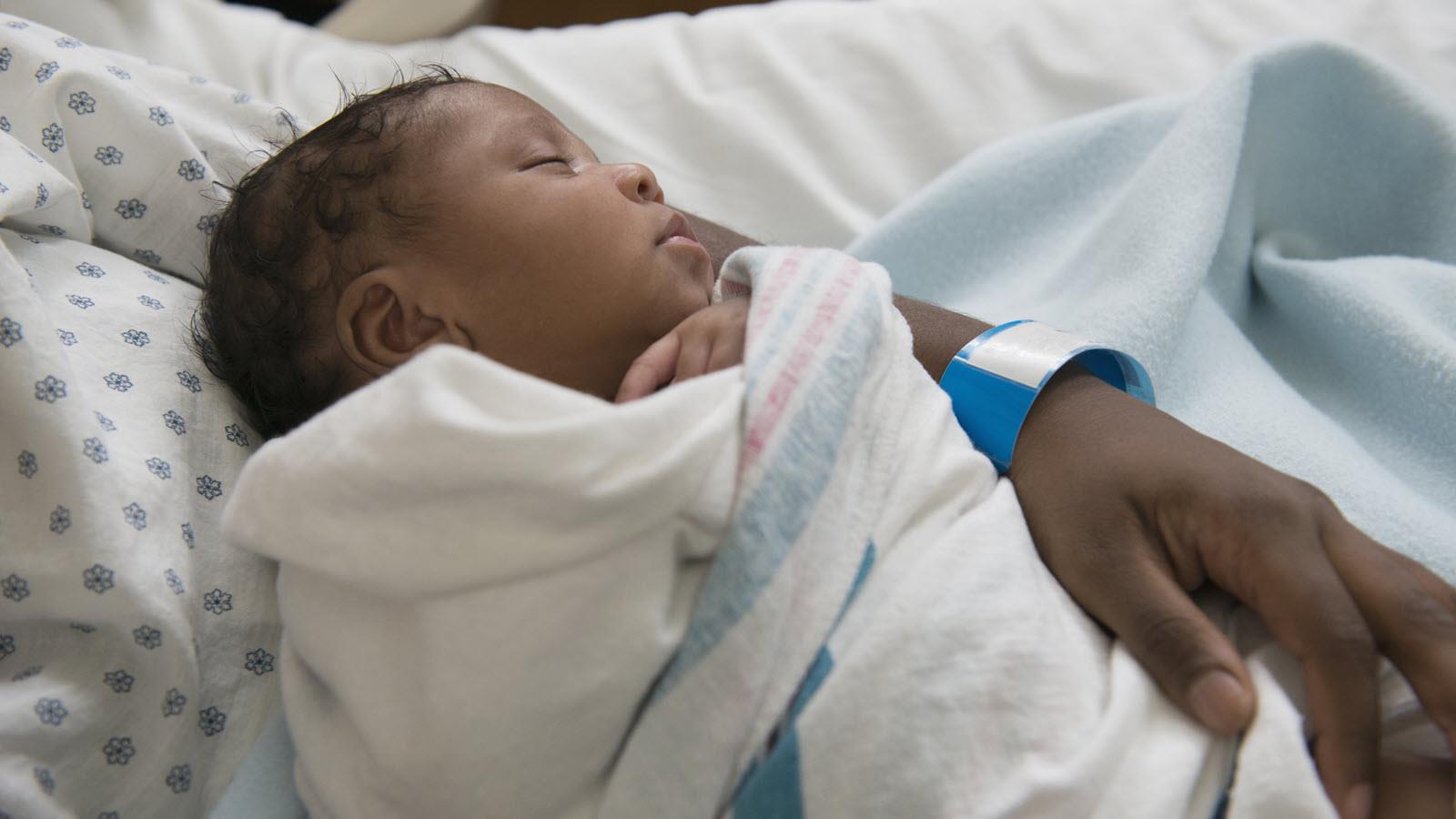Around the world, millions of newborns get “heel prick tests” to check their blood for signs of serious conditions, especially those that can be fatal unless swiftly treated. But in the United Kingdom, the National Health Service is taking a big leap forward with a plan to also sequence the genomes of 100,000 babies, CNN recently reported. Participation is voluntary and the program aims to identify rare diseases in newborns.
Read the article: 100,000 newborn babies will have their genomes sequenced in the UK
The Newborn Genomes Programme will use the pilot project to assess the feasibility in providing genome sequencing to all babies, enable research and explore the value – and risks – of storing a person’s genome over a lifetime.
Whole genome sequencing, can detect up to 200 genetic diseases and is becoming more accessible. The standard heel prick test identifies nine serious conditions, including sickle cell disease and cystic fibrosis, according to the NHS website.
"We want to be able to say to parents that we’ve done the best we can to identify and do something about these life-changing illnesses, in a timely way before the damage these conditions can cause has been done,” Dr. Rich Scott, Chief Medical Officer for Genomics England, said in an article on an NHS hospital website.
With programs such as All of Us, the United States is also sequencing genomes of its citizens, on a voluntary basis, to jump-start research and improve health outcomes. The All of Us initiative is focused on adults.



